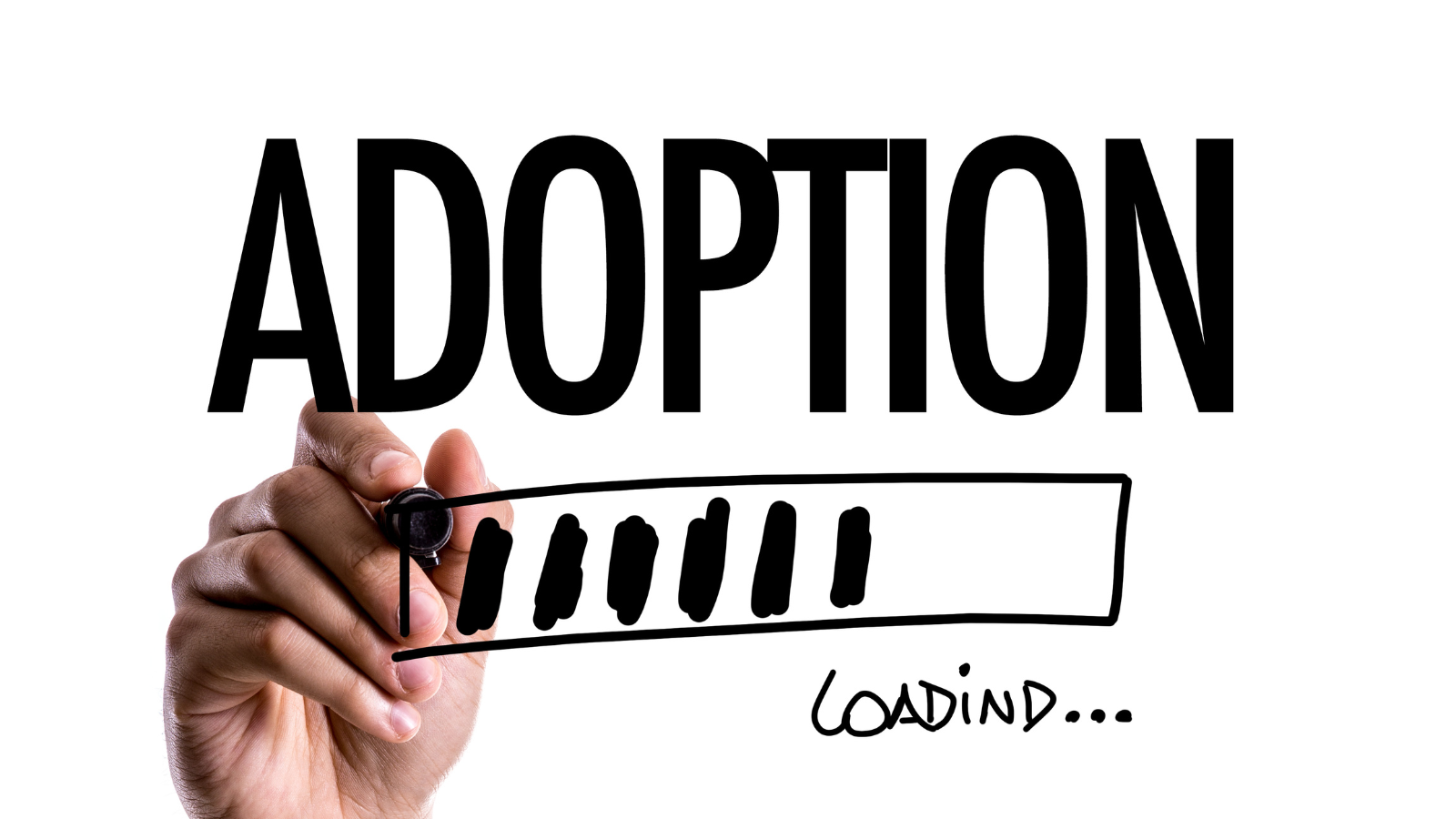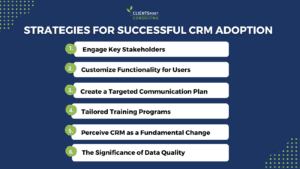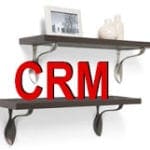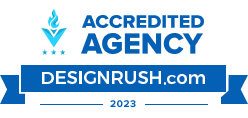Maximizing CRM: Six Strategies for Successful CRM Adoption

Implementing a Customer Relationship Management (CRM) system is a strategic decision for any business, promising a myriad of benefits.
However, many charters and business cases fail to articulate the crucial “WHY” and “FOR WHOM” aspects of CRM.
Understanding these factors is essential to focus on the right benefits and ensure successful adoption.
In this blog post, we will delve into the importance of defining the “WHY” and “WHO” and share practical strategies to achieve maximum CRM benefits.
Defining the “WHY” and “FOR WHOM” of CRM
The “WHY” represents the purpose behind implementing CRM and the specific benefits it aims to deliver. The “FOR WHOM” identifies the stakeholders or users who will benefit from CRM implementation. It’s essential to identify who the customer is in this context – whether it’s the lawyers, clients, the firm itself or the marketing department.
Identifying the stakeholders and understanding their needs and pain points are critical in creating a compelling business case for CRM. Are these stakeholders already aware of the need for improvement, or are they being presented with a solution to a problem they haven’t perceived yet? Recognizing the benefits and perceived needs of each stakeholder group will help tailor the CRM implementation to suit their specific requirements.
Strategies for Successful CRM Adoption
- Engage Key Stakeholders: Before implementing CRM, conduct meetings with key stakeholders and interview them to understand their perceptions of the business case issues. Are these problems essential to solve? How do they envision benefiting from solving these issues? Collect feedback and assess findings to identify consistent responses and outlier perspectives. Pay special attention to any sensitivity to privacy concerns, as this can pose a significant culture hurdle to CRM success.
- Customize Functionality for Users: Based on stakeholder interview findings, define what functionalities are essential for each user group and individual user. Tailor the CRM system to meet the unique needs of each user to maximize adoption. Focus on the top three requirements that will significantly impact their workflows and daily operations. Avoid overwhelming users with excessive features; instead, walk before you run by starting with the most crucial functionalities.
- Create a Targeted Communication Plan: Develop a communication plan that emphasizes individual “What’s In It For Me” (WIIFM) benefits for each user group. Specific messaging is vital to convey the advantages of CRM adoption clearly. Avoid generic and vague messages that might not resonate with users. Ensure that the communication plan continuously reinforces the benefits to maintain interest and engagement.
- Tailored Training Programs: Training is a critical aspect of CRM adoption. Lawyers, in particular, may require one-on-one training at their desks to overcome adoption barriers. Video training can serve as a primer, while group sessions can work for non-lawyer staff. The focus should be on specific functionalities that directly impact each user’s role and daily tasks.
- Perceive CRM as a Fundamental Change: CRM implementation is not a one-time project but a fundamental change in how the business operates. Plan for ongoing communication, training and data quality efforts to ensure sustained CRM success.
- The Significance of Data Quality: Data is the lifeblood of any CRM system. High-quality data is essential for users to trust the system and, in turn, derive value from it. Poor data quality can undermine all other efforts put into CRM implementation. Invest in maintaining clean and up-to-date data, and consider hiring skilled data professionals to manage data effectively.

When it comes to CRM implementation, understanding the “WHY” and “FOR WHOM” is paramount. Tailoring benefits to meet the unique needs of each stakeholder group and individual user ensures maximum CRM adoption and success.
With targeted communication, personalized training and a commitment to data quality, businesses of all kinds can create and implement a CRM system that delivers tangible and sustainable benefits, leading to enhanced client relationships, increased revenue and improved overall efficiency.
For more than 15 years, the team at CLIENTSFirst Consulting has been helping professional services firms and other organizations improve data quality and successfully select and implement CRM and email marketing systems to maximize value, adoption and return on investment. We also offer outsourcing services. If you need help with CRM Success, contact us at 404-249-9914 or Info@ClientsFirstConsulting.com.







